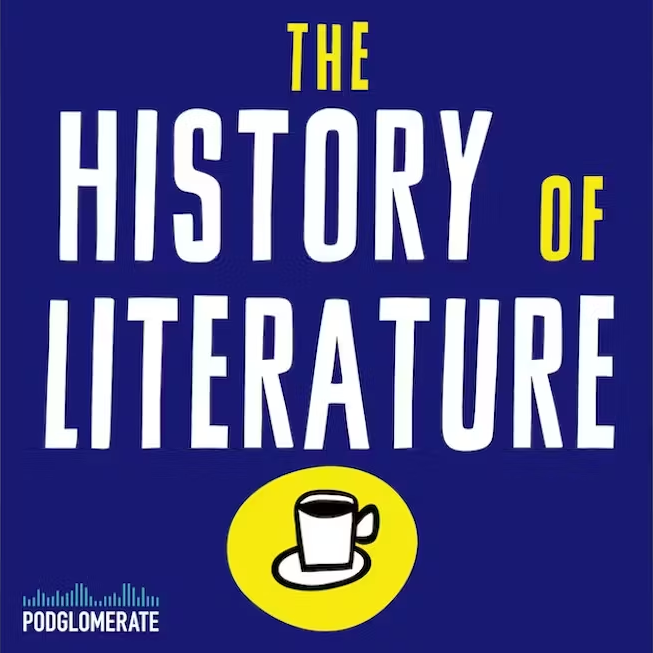Dear Ms. Miller,
We have not always seen eye-to-eye in the past. And my tone was perhaps inappropriate. However, I will try to do better. I think your heart is in the right place and I have long appreciated your devotion to good writing and good literature. I am a fan of yours when you’re not being condescending! (Sorry, tone again. Mea culpa.)
I was interested by your statement that you are working on a series of articles on the changing literary landscape. I myself have come to view these changes as a great positive force for good. If that is too optimistic, then perhaps we can agree that change is inevitable; what we can hope for is that each of the constituent groups affected by the change will benefit to the appropriate extent.
I think the key main groups that will be affected are publishers, writers, and readers. (There may be others, such as bookstores, critics, teachers, and librarians, but I think these are the core three.) The key questions as I see them are these: Which of these groups do we want to see prosper? And how do we measure this?
Frankly, I expect publishers (and agents to the extent they are allied with them) to fend for themselves. They’ll figure out a way to make money or they’ll do something else. I do not care if at the end of the day Company A is ahead of Company B. Or if Grand Poobah C retires early while Grand Poobah D is forced to keep slaving away. We need to fight for the interests of writers and readers. I’m willing to base the success of publishers on how well they’ve served these two groups.
Moving on, while I’ve mocked the Great Fear of the Almighty Slushpile in the past, I do think there are ways in which readers can lose. Certainly if writers stopped writing, readers would lose. If books became more expensive than they are now, that would be a setback for readers. So too would reduced formatting options – if printed books disappeared altogether, for example, that would be a great blow for most readers.
The last group, and the one I want to focus on here, is writers. And the problem of measurement looks hopelessly formidable. What’s better – a thousand writers finding a way to publish for the first time? Or an established writer who is able to quit her job and write only what she wants? (And if that’s our goal, the patronage system might defeat anything currently on the horizon.) What are we trying to achieve here: A Nobel Prize winner? An all-time classic novel? A hundred really good books a year? Or a broadened field of a thousand, a hundred thousand, a million books out of which great art may arise (or may not). If we take publishers and agents out of the picture, do we think great art won’t happen at all? Or that we won’t be able to recognize it?
The problem is that any analysis of writers slides into an analysis of which writers you want to privilege. Do you believe there are a small number of people – the Great Authors of Our Generation – we should be looking out for? Do we open the doors completely and give everyone a shot? Opinions will no doubt differ.
What I would like to propose is a framework for a utilitarian analysis of the impacts of change on writers as a category, without privileging one type of author over another. In fact, I’ve already done so, with my Levels of Financial Success for Writers. I would hope that your forthcoming articles will not be limited to a few anecdotes but will instead look at the big picture. How will changes move writers up and down these rungs? How much do we value each of these categories? We all have opinions about what kind of books we want. What kind of world do we envision for writers?
Best,
Jacke

Leave a comment